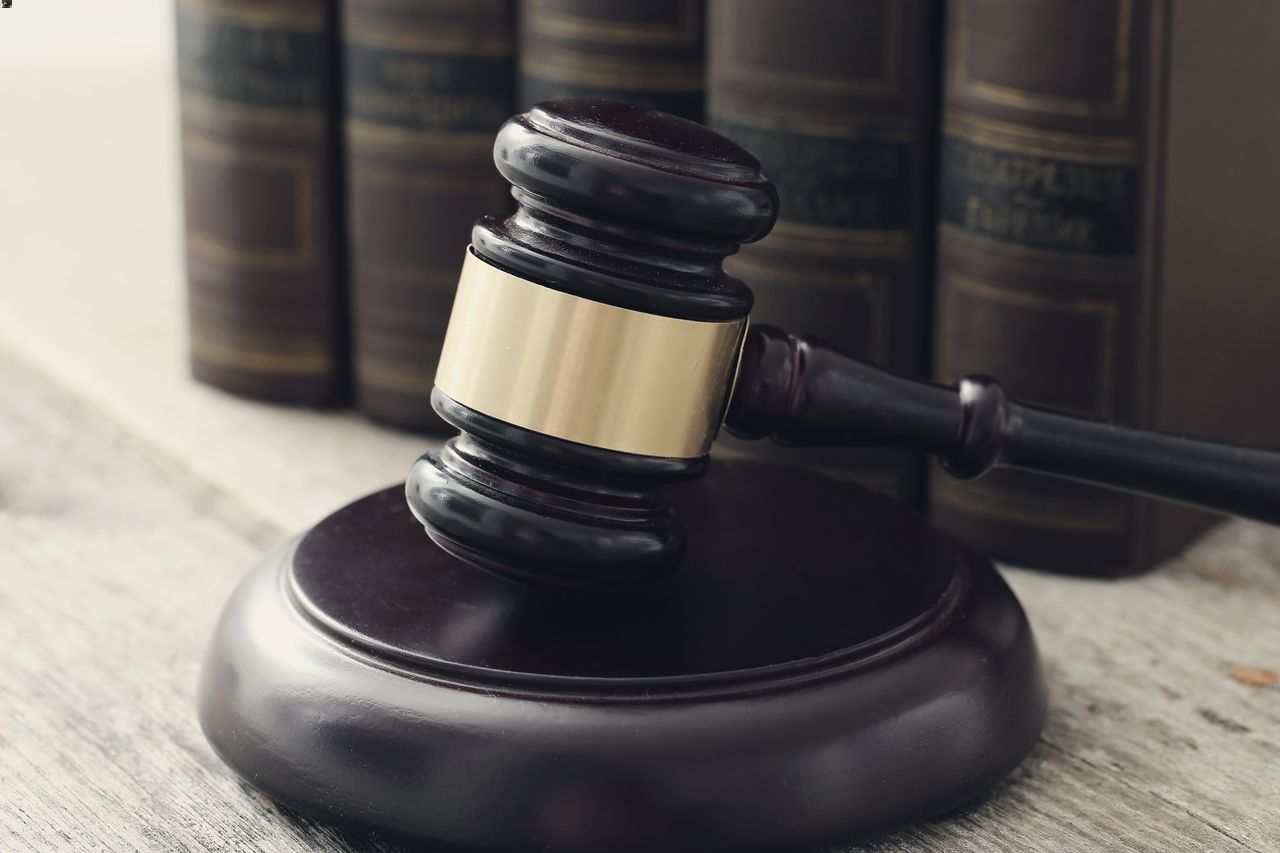
- Home
- About us
-
Immigration Services
-
Individual Immigration
- Visit visa Application
- Student Visa Applications
-
EU Settled and
Pre-Settled Status
Application - Long Residence Application
-
ILR
Applications
- ILR for Tier 1 Entrepreneur
- ILR for Tier 1 Exceptional Talent
- ILR for Innovator Founder Visa
- ILR for Tier 1 Investor
- ILR for Skilled Workers
- ILR for Tier 2 Religious Minister
- ILR for Dependents
- ILR for Spouse
- ILR for Unmarried Partners
- ILR for Right to Access of Child Migrants
- ILR for Sole Representatives
- Super Priority Service
- Family Immigration Visa Application
- Private and Family Life Immigration
- Work Visas
- Business Immigration
- Challenging Visas Refusals
- British Citizenship
-
Individual Immigration
- Blogs
- Contact Us
- Director profile
×
☰
- Home
- About us
-
Immigration Services
- Immigration Services
-
Individual Immigration
- Individual Immigration
- Visit visa Application
-
Student Visa Applications
- Student Visa Applications
- Student Visa
- Administrative Review
- Judicial Review Refusal of Student Visa
-
EU Settled and Pre-Settled
Status Application- EU Settled and Pre-Settled
Status Application - EU Pre-Settled Status Application
- EU Settled Status Application
- Admin
Review - Refusal of EU
Settlement Scheme Application - Appeal
Against Refusal of
EUSS Application
- EU Settled and Pre-Settled
- Long Residence Application
-
ILR
Applications
- ILR Applications
- ILR for Tier 1 Entrepreneur
- ILR for Tier 1 Exceptional Talent
- ILR for Innovator Founder Visa
- ILR for Tier 1 Investor
- ILR for Skilled Workers
- ILR for Tier 2 Religious Minister
- ILR for Dependents
- ILR for Spouse
- ILR for Unmarried Partners
- ILR for Right to Access of Child Migrants
- ILR for Sole Representatives
-
Super Priority
Service
- Super Priority Service
- UK Visa Standard Service
- UK Visa Priority Service
- UK Visa Super Priority Service
-
Family Immigration
Visa Application
- Family Immigration Visa Application
-
Fiance Visa
Application
- Fiance Visa Application
- Fiance Visa Application
- Refusal of Fiance Visa
- Appeal
Challenging Refusal of
Fiance Visa
- Spouse Visa Applications
-
Unmarried
Partner Visa Application
- Unmarried Partner Visa Application
- Unmarried Partners
- Extension of Unmarried Partner Visa
- Unmarried Partner Visa - ILR
-
Dependent Visa
Applications
- Dependent Visa Applications
- Dependent Visas
- Extension of Dependents Visa
- ILR for Dependents
-
Right to
Access a Child Visa
- Right to Access a Child Visa
- Right of Access of Child Visa
- Right to Access of Child - ILR
-
Adult
Dependent Relative Visa Application
- Adult Dependent Relative Visa Application
- Adult Dependant Relative
- Refusal of Adult Dependent Relative Visa
- Appeal
Challenging Refusal of Adult
Dependent Visa
-
Victims of Domestic
Violence Application
- Victims of Domestic Violence Application
- Victims of Domestic Violence
- Administrative Review - Refusal of Victim of DV Application
- Judicial Review-Refusal of Victim of DV Application
-
Bereaved
Partner Application
- Bereaved Partner Application
- Bereaved Partner
-
Private and Family
Life Immigration
- Private and Family Life Immigration
-
Private and
Family Life Visa Applications
- Private and Family Life Visa Applications
- Parent
of Child Applications - 10
Years Route - Partner
Applications - 10 Years
Route - Private
Life Applications - 10 Years
Route - Refusal
of Private and Family Life
Visa Application - ILR
for Persons having Discretionary
Leave Remain - Appeal
Against Refusal of Human
Rights Application
- 7 Years Child Visa Application
- Work Visas
-
Business
Immigration
- Business Immigration
- Tier 1 Entrepreneur Visa
- Tier 1 Investor Visa
- Global Talent Visa
- Innovator Visa
-
Global
Business Mobility Secondment Worker
- Global Business Mobility Secondment Worker
- Global
Business Mobility - Secondment
Worker - Global
Business Mobility - Secondment
Worker - Switching Rules
- Sole Representative Visa
- Sponsorship License
-
Challenging Visas
Refusals
- Challenging Visas Refusals
-
Administrative
Review
- Administrative Review
- Administrative Review - From Overseas
- Administrative Review - incountry
- Immigration Bail
- Immigration Appeals
- Judicial Review
-
British
Citizenship
- British Citizenship
-
British
Citizenship Application
- British Citizenship Application
- British Citizenship - Naturalization
- British Citizenship for Children
- Contact Us
- Director profile
